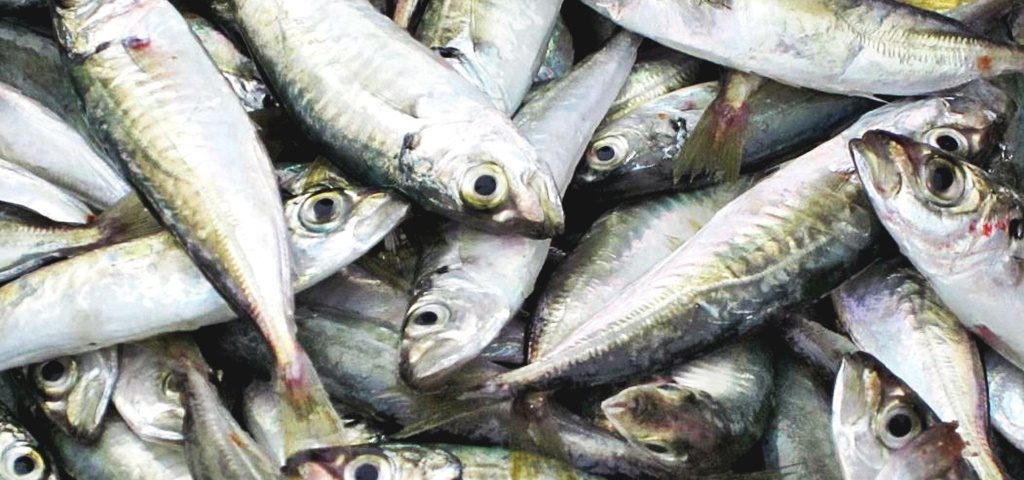Amid galunggong price hike, PAMALAKAYA calls to end fish bans, fish importation
Manila, Philippines – The national federation of small fisherfolk Pambansang Lakas ng Kilusang Mamamalakaya ng Pilipinas (PAMALAKAYA) on Monday expressed alarm over the rising price of round scand (galunggong) in the local market which ranges from P220 – P250/kilogram, a 47% higher from the regular price of P150 – P170/kilogram.
In a statement sent to media outfits, PAMALAKAYA National Chairperson Fernando Hicap said that with the current market price of round scand, “galunggong is no longer a poor man’s fish.”
As a solution, PAMALAKAYA proposed to lift off-season of galunggong, which is now being implemented in Palawan province for three months since November 1.
The fisherfolk group earlier lambasted the fishing ban for galunggong as it does not address the scarcity of fish stocks in the sea, but only fast-track the depletion because it triggers panic fishing among the large commercial fishing vessels right before the ban which would in turn expedite its exhaustion, leaving less or worse, nothing for the small fisherfolk.
PAMALAKAYA also claimed that commercial fishing vessels that enter within the 15-kilometer municipal fishing waters are the ones that monopolize the catching of galunggong, citing the data from the Bureau of Fisheries and Aquatic Resources (BFAR) that the said species accounts to 17.8% of commercial fisheries production, while it only contributes 6.2% to municipal fish production.
“Constant declaration of fishing bans without considering its implications causes artificial fish shortage, and ultimately triggers unreasonable price increase in the market,” Hicap, former Anakpawis Party-list Congressman explained.
Lastly, the fisherfolk group warned the government not to flood the local market with imported fish as a solution to shortage, rather, it demanded a moratorium on importation of aquatic and marine products that detriments not only the livelihood of small fisherfolk, but the millions of poor consumers who depend on fish as cheap source of protein.
“We are already warning our government no to think about opening our floodgates for imported fish because it does not guarantee normalization of fish supply and market price. Rather, the country’s reliance on marine imports renders the national market and its price volatile, putting the local producers and poor consumers at the losing end,” ended Hicap. ###
